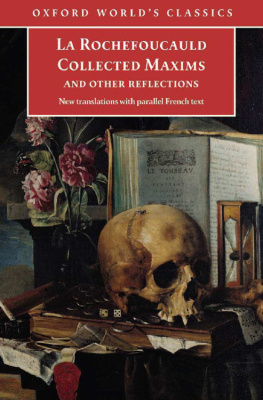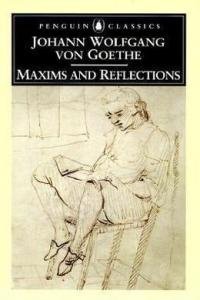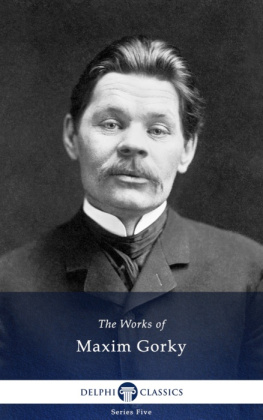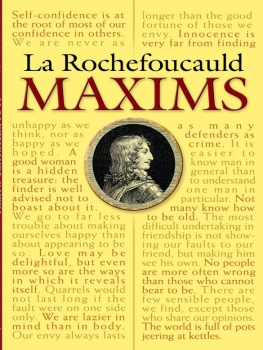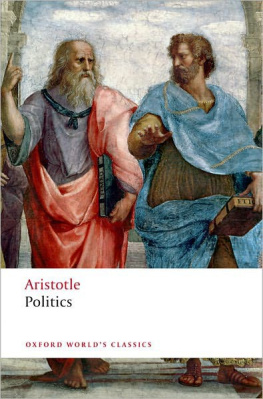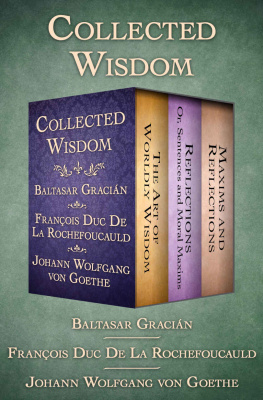
COLLECTED MAXIMS
AND OTHER REFLECTIONS
F L R, a member of a prominent French aristocratic family, was born in Paris in . He was married at the age of
and took part in his first military campaign the following year. For the next quarter of a century he participated actively in military life, supporting the interests of the hereditary French aristocracy not only against foreign armies, but at times also against the king and his chief minister (Richelieu under Louis XIII, Mazarin under Louis XIV). When Louis XIV finally gained control of Paris in , La Rochefoucauld retired from public life. In
he began to compose the sayings published in as Rflexions ou Sentenceset Maximes morales ( Moral Reflections or Sententiae and Maxims). The work was carefully revised several times, its fifth and final authorized edition appearing in . La Rochefoucauld died in Paris in . Many further maxims, and the nineteen essays now known as the Rflexions diverses ( Miscellaneous Reflections), were published posthumously from his manuscripts.
E. H. and A. M. B and F G have translated Twelve Plays by Alfred de Musset and George Sands Five Comedies and TheDevils Pool and Other Stories. E. H. and A. M. Blackmore have also edited and translated nine other volumes of French literature, including, in Oxford Worlds Classics, Six French Poets of the Nineteenth Century, The EssentialVictor Hugo, and Stphane Mallarms Collected Poems and Other Verse. Their work has been awarded the American Literary Translators Association Prize and the Modern Language Association Scaglione Prize for Literary Translation. Their other publications include literary criticism and studies in psy-cholinguistics and grammatical awareness.
For over years Oxford Worlds Classics have broughtreaders closer to the worlds great literature. Now with over
titles from the ,-year-old myths of Mesopotamia to thetwentieth centurys greatest novels the series makes availablelesser-known as well as celebrated writing.
The pocket-sized hardbacks of the early years containedintroductions by Virginia Woolf, T. S. Eliot, Graham Greene,and other literary figures which enriched the experience of reading.
Today the series is recognized for its fine scholarship andreliability in texts that span world literature, drama and poetry,religion, philosophy and politics. Each edition includes perceptivecommentary and essential background information to meet thechanging needs of readers.
OXFORD WORLD S CLASSICS
FRANOIS DE LA ROCHEFOUCAULD
Collected Maxims
and Other Reflections
Translated with an Introduction and Notes by
E. H. A. M. BLACKMORE
and FRANCINE GIGURE
Great Clarendon Street, Oxford
Oxford University Press is a department of the University of Oxford.
It furthers the Universitys objective of excellence in research, scholarship, and education by publishing worldwide in
Oxford New York
Auckland Cape Town Dar es Salaam Hong Kong Karachi
Kuala Lumpur Madrid Melbourne Mexico City Nairobi
New Delhi Shanghai Taipei Toronto
With offices in
Argentina Austria Brazil Chile Czech Republic France Greece Guatemala Hungary Italy Japan Poland Portugal Singapore South Korea Switzerland Thailand Turkey Ukraine Vietnam Oxford is a registered trade mark of Oxford University Press in the UK and in certain other countries
Published in the United States
by Oxford University Press Inc., New York
E. H. and A. M. Blackmore and Francine Gigure 2007
The moral rights of the authors have been asserted
Database right Oxford University Press (maker)
First published as an Oxford Worlds Classics paperback 2007
All rights reserved. No part of this publication may be reproduced, stored in a retrieval system, or transmitted, in any form or by any means, without the prior permission in writing of Oxford University Press, or as expressly permitted by law, or under terms agreed with the appropriate reprographics rights organization. Enquiries concerning reproduction outside the scope of the above should be sent to the Rights Department, Oxford University Press, at the address above
You must not circulate this book in any other binding or cover and you must impose this same condition on any acquirer British Library Cataloguing in Publication Data
Data available
Library of Congress Cataloging-in-Publication Data
La Rochefoucauld, Franois, duc de, 16131680.
[Maximes, English]
Collected maxims and other reflections / Franois de la Rochefoucauld ; translated with an introduction and notes by
E. H. and A. M. Blackmore and Francine Gigure.
(Oxford worlds classics)
Includes bibliographical references and index.
I. Blackmore, E. H.
II. Blackmore, A. M.
III. Gigure, Francine.
IV. Title.
PQ1815,A72 2007
848.402dc22
2006019481
ISBN-13: 9780192806499 (alk. paper)
ISBN-10: 0192806491 (alk. paper)
Typeset in Ehrhardt
by RefineCatch Limited, Bungay, Suffolk
Printed in Great Britain
on acid-free paper by
Clays Ltd., St Ives plc
ISBN 97801992806499
CONTENTS
vi
Contents
I
Rflexions ou Sentences et Maximes morales, first () edition
II
Rflexions ou Sentences et Maximes morales, second () edition
III
Rflexions ou Sentences et Maximes morales, third () edition
IV
Rflexions ou Sentences et Maximes morales, fourth () edition
V
Rflexions ou Sentences et Maximes morales, fifth () edition
VIs
Rflexions ou Sentences morales, supplement to the sixth () edition
L
Liancourt manuscript, c.
PV
Maxims sent to Jacques Esprit, c.
PV
Maxims sent to Madame de Sabl,
RD
Rflexions diverses
RDA
Addenda to the Rflexions diverses
SL
Smith-Lesouf manuscript,
Further information can be found in the Note on the Text and Translation (p. xxxiii).
This page intentionally left blank
Neither the sun nor death can be looked at steadily, declares La Rochefoucauld ( : ). The same may be said of his Moral Reflections or Sententiae and Maxims. Few books as widely read have provoked as much resistance. Most of us can no more look at it without wavering than we could the sun. We cannot bear the thought that it might be true; the consequences would be too painful. So, to shut our eyes to it, to avoid facing it, we rely on every psychological defence we can muster. The book is a work of cynicism, pessimism, scepticism, Jansenism, or some other limited and limiting -ism; we ourselves are much wiser, and take a broader, more balanced view of humanity. Or it is inconsistent, and contains its own refutation. Or it is true only of La Rochefoucauld himself (how corrupt he must be, to be capable of thinking us corrupt!). Or it may be true of many people, but it is not true of us. Or if it is, it is true of us only in our worst moments, or only in some details. Or if we do happen to entertain the thought that it might be wholly true, we entertain that thought only while actually reading it; a few minutes later we put the book aside and turn our minds to other, more comfortable things; we live, in practice, as if we had never read it.
More curiously still, those defences are employed almost as often by La Rochefoucaulds admirers as by his opponents. Even the author of
Next page
